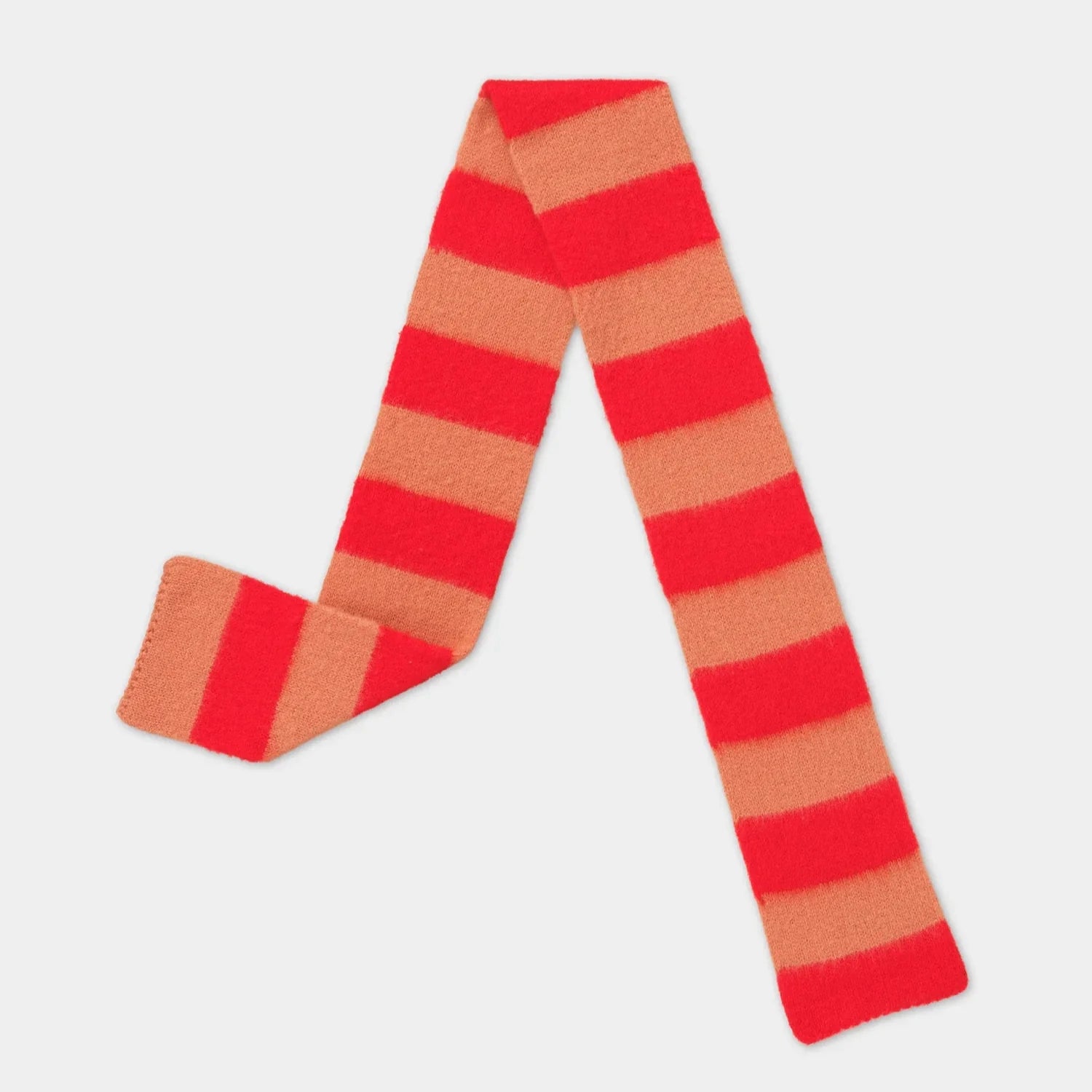For a small group of islands, Orkney has produced an impressive number of writers. Most famously, George Mackay Brown (1921 – 1996) created a vision of the islands and their people – ‘fishermen with ploughs’ – so powerful that it shaped how many see and think of Orkney. And that’s true for folk born and bred here as well as visitors.
Our favourite books by George are his early novels, especially Magnus, and early collections of stories like A Time to Keep, A Calendar of Love and Hawkfall. But his vision was remarkably consistent, so you can dip in just about anywhere with pleasure. An Orkney Tapestry, a mix of essays, drama and poetry might be a good place to start – especially as it has recently been reissued in paperback for the first time in nearly forty years.
Other notable writers of the 20th century include local heroes Christina M Costie and Robert Rendall, who are sadly little known outside the islands as they wrote in Orcadian language. More celebrated in their day, if not so much now, were poet and critic Edwin Muir and novelist Eric Linklater, who both favoured English.
In much earlier times, the Orkneyinga Saga, although probably written in Iceland, stakes a claim to be the first and arguably the greatest piece of local literature. One of the great Viking sagas, it tells the story of Orkney – and its relations with neighbouring Shetland, Norway and Scotland – from the 9th to the 13th centuries. Full of bloodthirsty Viking adventurers and other larger-than-life characters, it’s a real ripping yarn, even if it was written 800 years ago. For anyone who lives in or visits Orkney it’s fascinating to read of extraordinary events – like the martyrdom of St Magnus – that happened in the places we still live and work in today. So many familiar names and landmarks! Yet with epic narratives whirling around them…
And what of the literature of today? In a backroom of The Longship, inbetween customers, editor Duncan McLean puts together booklets of new Orkney writing under the Abersee Press imprint. There have been six so far, and those that are still in print are available to buy here.
Most recently, 21st August saw the publication of the debut poetry collection by Kevin Cormack, Toonie Void. Born and brought up in Kirkwall, Kevin currently lives in London. But his poems are full of the sights and sounds – and language – of his native Orkney. More specifically, they almost all take place in ordinary parts of Kirkwall, rather than in more obviously scenic locations like Skara Brae or the hills of Hoy:
Kevin’s characters aren’t, on the whole, heroic or larger than life – for better or for worse, they’re exactly life-sized:
Kevin’s also has poems in Swiet Haar, alongside Shetland poets Christine De Luca and Robert Alan Jamieson, and Orcadian essayist Amy Liptrot, who had a big hit a couple of years ago with her memoir The Outrun.
Also available is a collection of essays, Turangawaewae, Beuy, combing insights in the notion of home in both Orkney, and another far-flung island, New Zealand. The Orcadians featured are Mervyn J Inkster, Morag Macinnes and Alison Miller, and the New Zealanders are Steve Brauinas, Craig Marriner and Paula Morris.
More booklets are in the pipeline, though it’s a slow flow: expect one or two new titles each year. Meanwhile, if you want to learn more about poetry and prose from our near and distant past, check out Simon Hall’s excellent The History of Orkney Literature.
And if you want to read the future of Orkney literature, buy a copy of Toonie Void!






